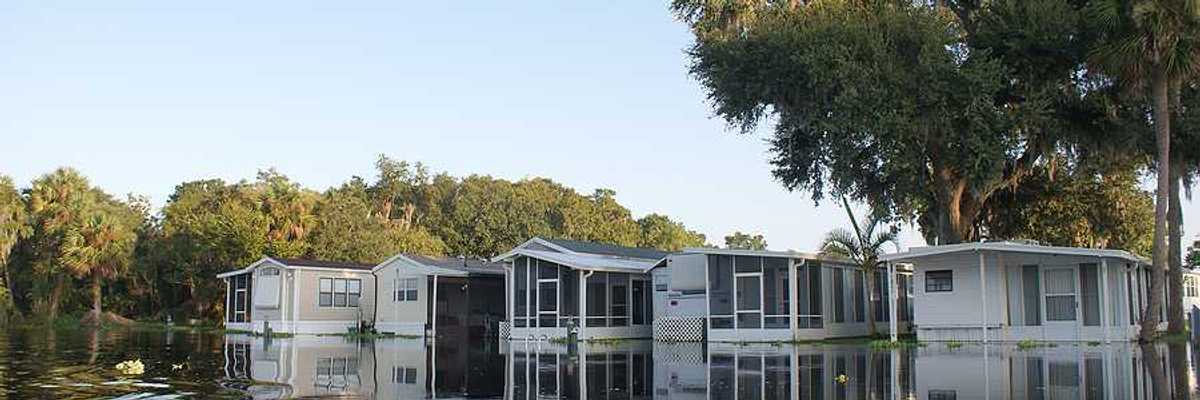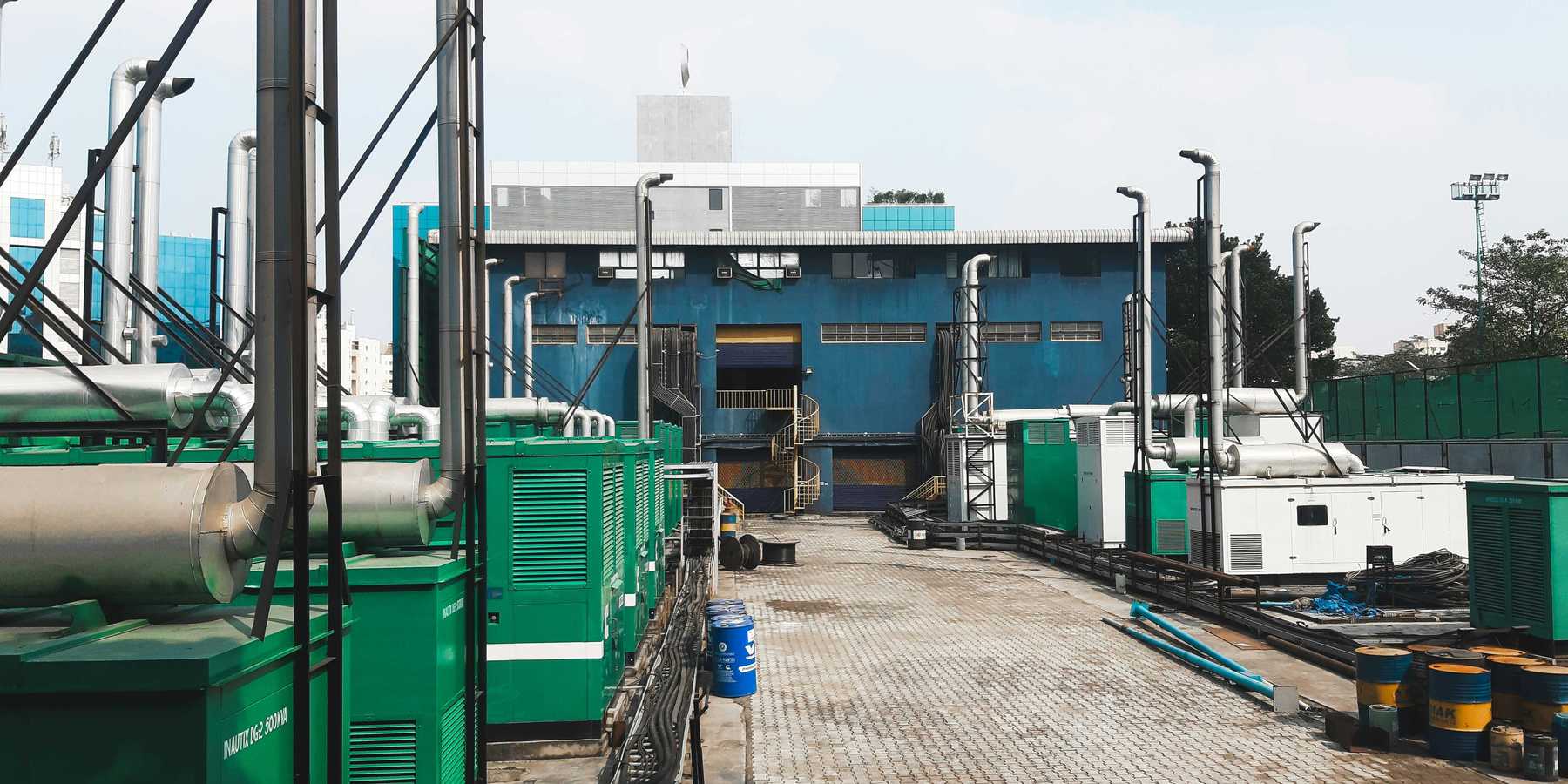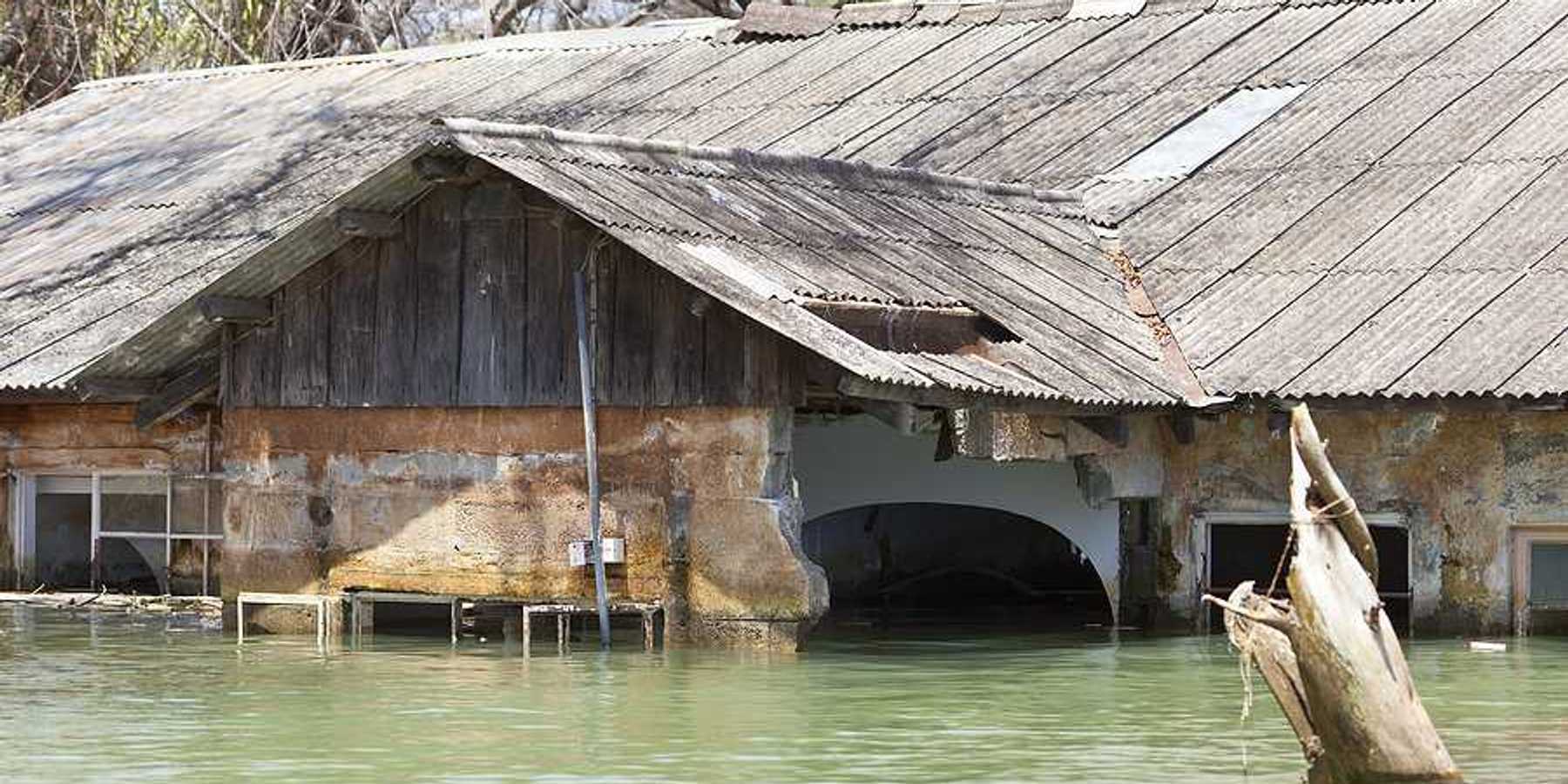inequality
Fossil fuel firms may have to pay for climate damage under proposed UN tax
Framework Convention on International Tax Cooperation could also force ultra-rich to pay global wealth tax.
Humanity's future depends on sustainable living and global equality, study finds
A new report from the Earth Commission warns that unless global consumption patterns shift and resources are distributed more fairly, the planet's capacity to support a prosperous future for all is rapidly shrinking.
In short:
- The study shows that current resource use and inequality make it impossible for all humans to live safely within planetary boundaries.
- Reducing consumption by the top 15% of emitters and accelerating sustainable technologies could still create a "safe and just" space.
- The paper calls for progressive policies, global cooperation, and local-level action to address the challenges.
Key quote:
“That is why this science is important to remind everyone that you should take justice seriously, because otherwise it will hit back in terms of social instability, migration and conflict. If you are a patriot who wants to reduce migration flows, then you had better take global justice seriously.”
— Johan Rockström, co-chair of the Earth Commission
Why this matters:
Unchecked inequality and resource consumption not only harm the environment but also drive social instability and conflict. Adopting equitable policies and sustainable living could help ensure a livable future for all.
Related EHN coverage:
Extreme weather is worsening child marriages in Pakistan
Child marriages in Pakistan are on the rise as extreme weather events like floods force impoverished families to marry off young daughters for financial survival.
In short:
- Families displaced by floods in Pakistan are increasingly marrying off young girls to cope with economic hardships.
- Child marriages are often seen as a means of survival, with parents trading daughters for money to reduce household burdens.
- Rights groups urge stronger laws and education to combat the rise in child marriages driven by climate crises.
Key quote:
“These are marriages of survival prompted by the monsoon season and the reason behind marrying off a girl is to reduce the feeding costs at home during the climate calamity.”
— Mashooque Birhmani, founder of NGO Sujag Sansar
Why this matters:
As climate change intensifies, vulnerable populations, especially young girls, face growing risks of exploitation. Addressing child marriage requires urgent action to protect the rights and futures of these children.
Related:
Upper-income households capture most Biden energy tax credits
A significant portion of tax credits aimed at promoting energy efficiency under Biden’s administration is disproportionately benefiting wealthier households, leaving lower-income families with minimal support.
In short:
- The top 25% of households received 66% of the $5.5 billion in energy efficiency tax credits in 2023.
- Lower-income families, earning less than $25,000, received just $32 million, highlighting a significant disparity.
- Critics argue this imbalance undermines efforts to make climate policy more equitable and could hurt public support.
Key quote:
“These tax credits don’t increase the affordability for families making over $500,000. They can already afford it. And they get lower energy prices.”
— Mark Wolfe, executive director of the National Energy Assistance Directors Association
Why this matters:
The unequal distribution of tax credits could erode public confidence in climate policies designed to reduce carbon emissions, making it harder to achieve widespread support for future initiatives.
Related: Millions of households receive energy tax credits for upgrades
Degrowth movement challenges traditional views on economic growth
Economic growth, long seen as universally beneficial, is increasingly scrutinized by the rising 'degrowth' movement, which argues for reducing consumption to address inequality and environmental damage.
In short:
- Economic growth has primarily benefited the wealthy, prompting questions about its overall desirability.
- Advocates of degrowth, like Jason Hickel and Kohei Saito, argue that reducing economic activity can improve well-being and environmental health.
- Critics suggest a more balanced approach, recognizing both the benefits and ecological costs of growth.
Key quote:
“Degrowth is about reducing the material and energy throughput of the economy to bring it back into balance with the living world, while distributing income and resources more fairly.”
— Jason Hickel, anthropologist
Why this matters:
Degrowth proponents challenge the sustainability of continuous economic growth, emphasizing the need for systemic changes to combat climate change and social inequality. Critics of degrowth caution that such a shift could lead to economic instability and job losses, particularly in sectors reliant on high levels of production and consumption. This debate may influence policies on environmental conservation and economic justice.
Related EHN coverage:
AP photos reveal intensity, insecurity and inequality in 2023 as world altered by climate change
The toll of disasters propelled by climate change in 2023 can be tallied with numbers — thousands of people dead, millions of others who lost jobs, homes and hope, and tens of billions of dollars sheared off economies. But numbers can’t reflect the way climate change is experienced — the intensity, the insecurity and the inequality that people on Earth are living.
The climate crisis will amplify the UK’s existing health inequalities
A public health agency report issues a stark warning: the impact of changing climate on health is proportionately negative to the most disadvantaged.










